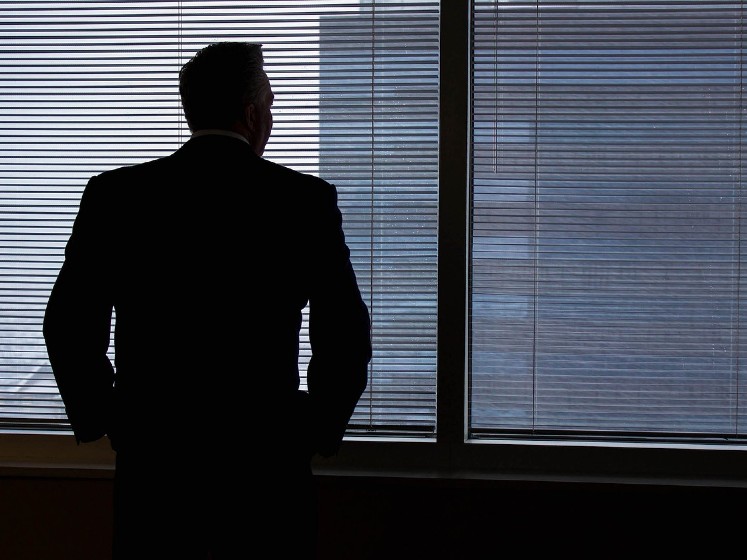Clear link between CEOs who express humanity and company share prices: New study

Companies whose CEOs express concern for the health and safety of their employees, customers and clients on conference calls do better on the stock market.
This is the key finding from a new study recently published in Academy of Management Discoveriesled by Professor Lauren Howe from the University of Zurich and Professor Laura Giurge from the London School of Economics and Political Science, co-authored with Professor Alexander Wagner (University of Zurich and Swiss Finance Institute) and Professor Jochen Menges (University of Zurich, Center for Leadership in the Future of Work).
To investigate the link between statements of care and share prices, the researchers analysed data from 510 CEO conference calls by 448 large US companies held during the COVID-19 pandemic.
They discovered that, despite the human-centric context of the pandemic, only about half (51.8 per cent) of the CEOs who referred to it also made at least one statement expressingcare for people during the calls. As Professor Lauren Howe describes: “I was intrigued by the fact that some CEOs referenced their concern for the health and safety of employees, customers, and others affected by the virus, taking a moment to say things like ‘our first priority is the health and safety of our employees.’”
In addition, most of these statements were superficial, lacking concrete actions. Paper co-author Professor Laura Giurge from LSE notes:“Although we were optimistic to see that some CEOs were addressing the human impact of the crisis, we were surprised to find out that most of these statements were just that: acknowledgments that people and their well-being matter. The statements lacked substance, meaning they did not indicate any actions CEOs were taking to protect people and their wellbeing.”
Despite this, the researchers discovered that the number of human care statements a CEO made positively predicted their companies’ stock prices during the market crash.
Making one additional human care statement was associated with 2.49 percentage points higher cumulative returns. Given that the median market value of equity in the researchers’ sample was approximately $3.17 billion, this effect amounts to around $78.9 million of company financial value preserved in the wake of the crisis. This is a sizable effect comparable to the effects of firms having less leverage (i.e., debt) on cumulative returns during the crisis, another risk factor.
Why might this have happened? In follow-up analyses, the researchers found that human care statements correlated with stock volatility during the crisis, but not with analysts’ evaluations of future earnings.
This suggests that market participants discounted companies’ future earnings less when the companies’ CEOs had expressed care for people. This is a surprising discovery given that these statements communicated generic acknowledgments of care, rather than specific plans or actions, and had little direct financial relevance.
These findings highlight the importance of CEOs demonstrating humanity in their communications and its implications for investor perceptions and company performance.
Commenting, Professor Jochen Menges from the University of Zurich and Cambridge Judge Business School said: “Leadership is about both performance and people. CEOs who focus solely on performance miss out on the opportunity to show the care for people that is expected of them. Our study provides evidence that care for people pays off even in conference calls with analysts and investors who are expected to focus squarely on performance.”
Some examples of the expressions of humanity cited in the study are highlighted below:
“I mean, first of all, any time people are sick or tragically lost their lives, that’s a much more important topic than anything we’re covering today. So I just want to sort of put a fine point on that.” – Strauss H. Zelnick, CEO of Take-Two Interactive Software, Inc.
“First off, the whole coronavirus situation is a human situation. It’s kind of a human tragedy.” – Andrew Anagnost, CEO of Autodesk, Inc.
“Obviously, the coronavirus makes a very fluid situation. […] I’ll start by saying, our first priority is making sure that our employees, partners and customers are safe.” – Anders Gustafsson, CEO of Zebra
“The first and foremost order of business is to make sure our employees and our partners are safe and protected” (E. Nelson Mills, Columbia Sportswear CO.; Consumer Durables & Apparel industry).
Read More: Clear link between CEOs who express humanity and company share prices: New study

